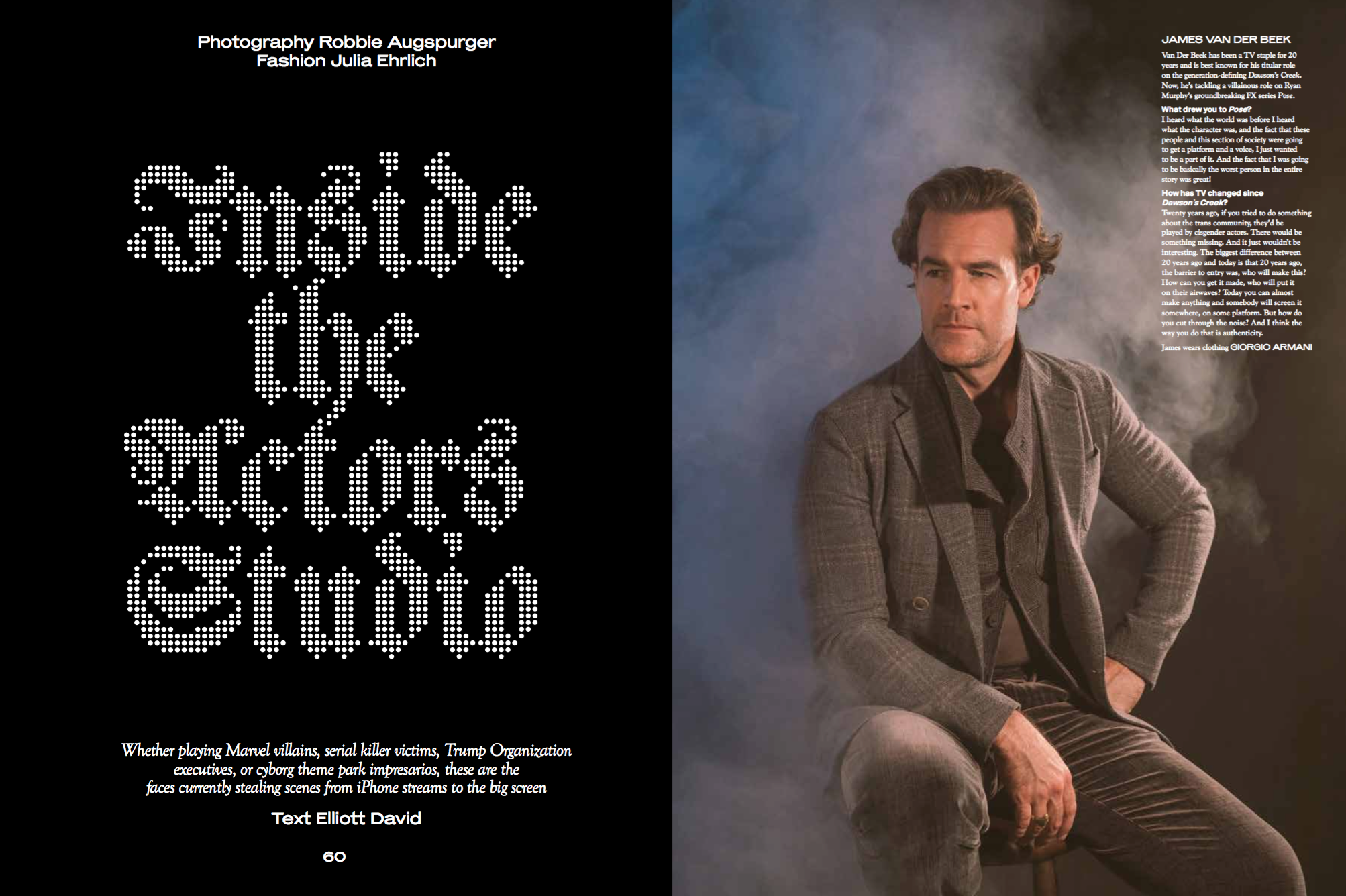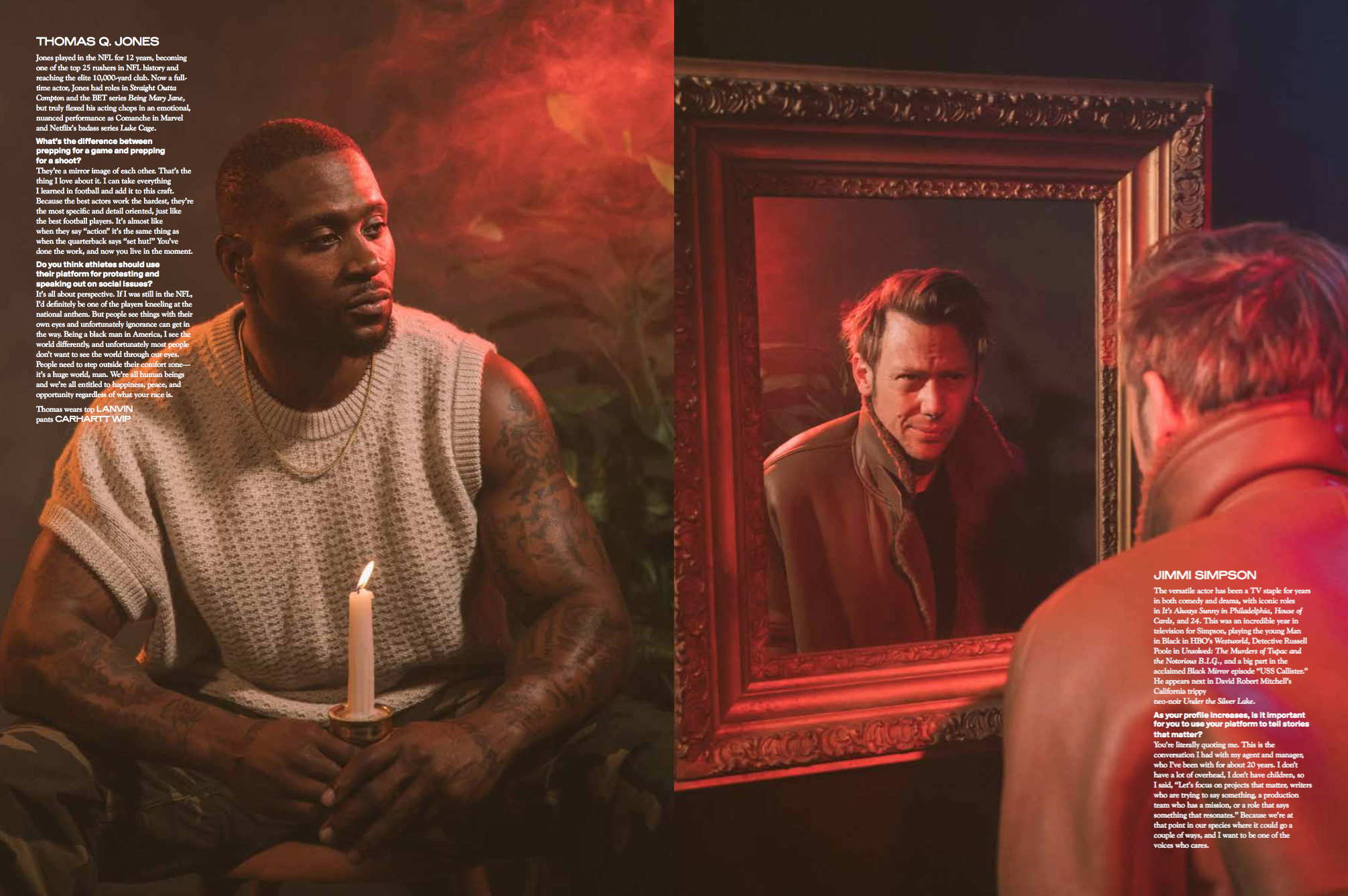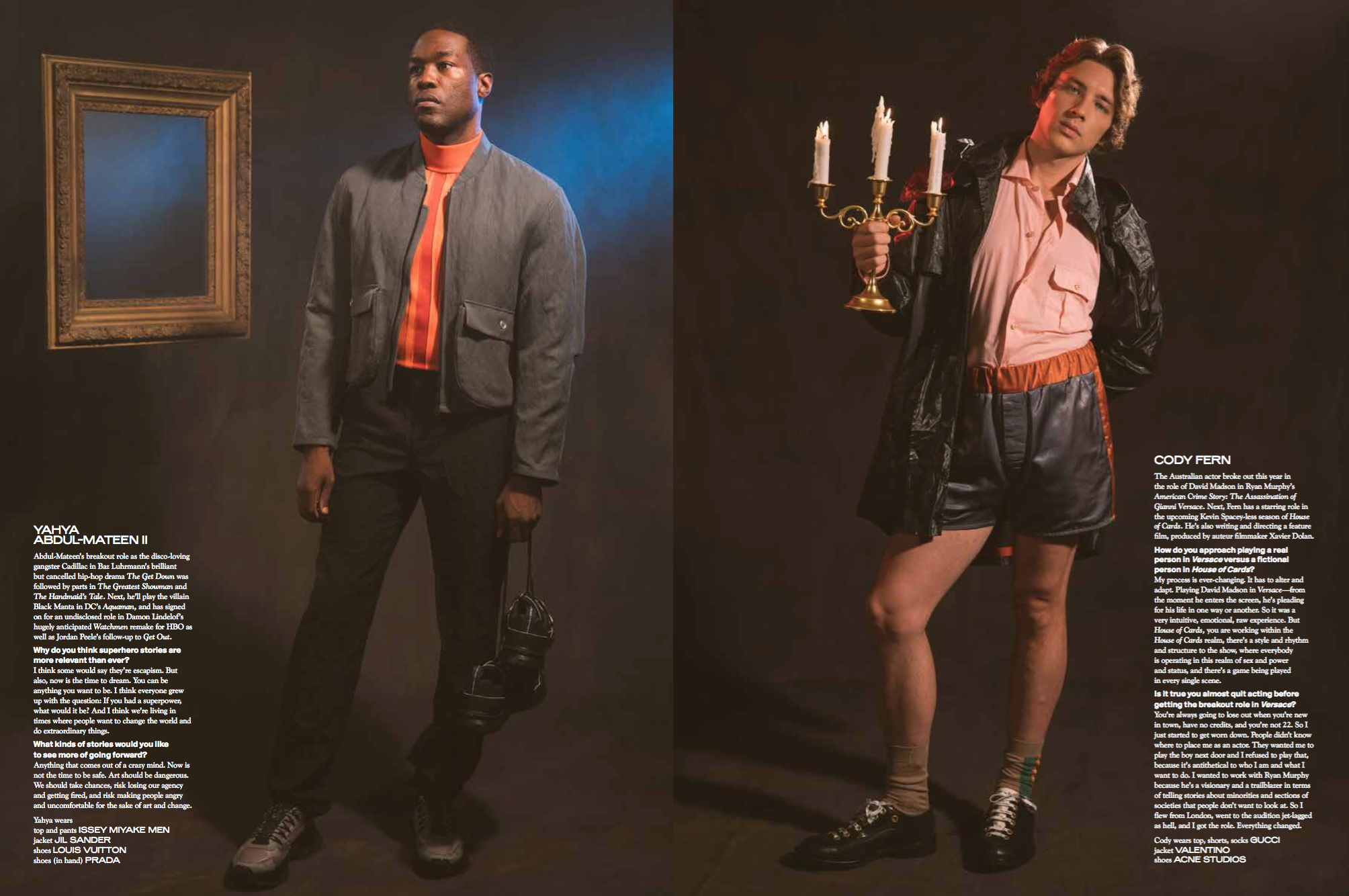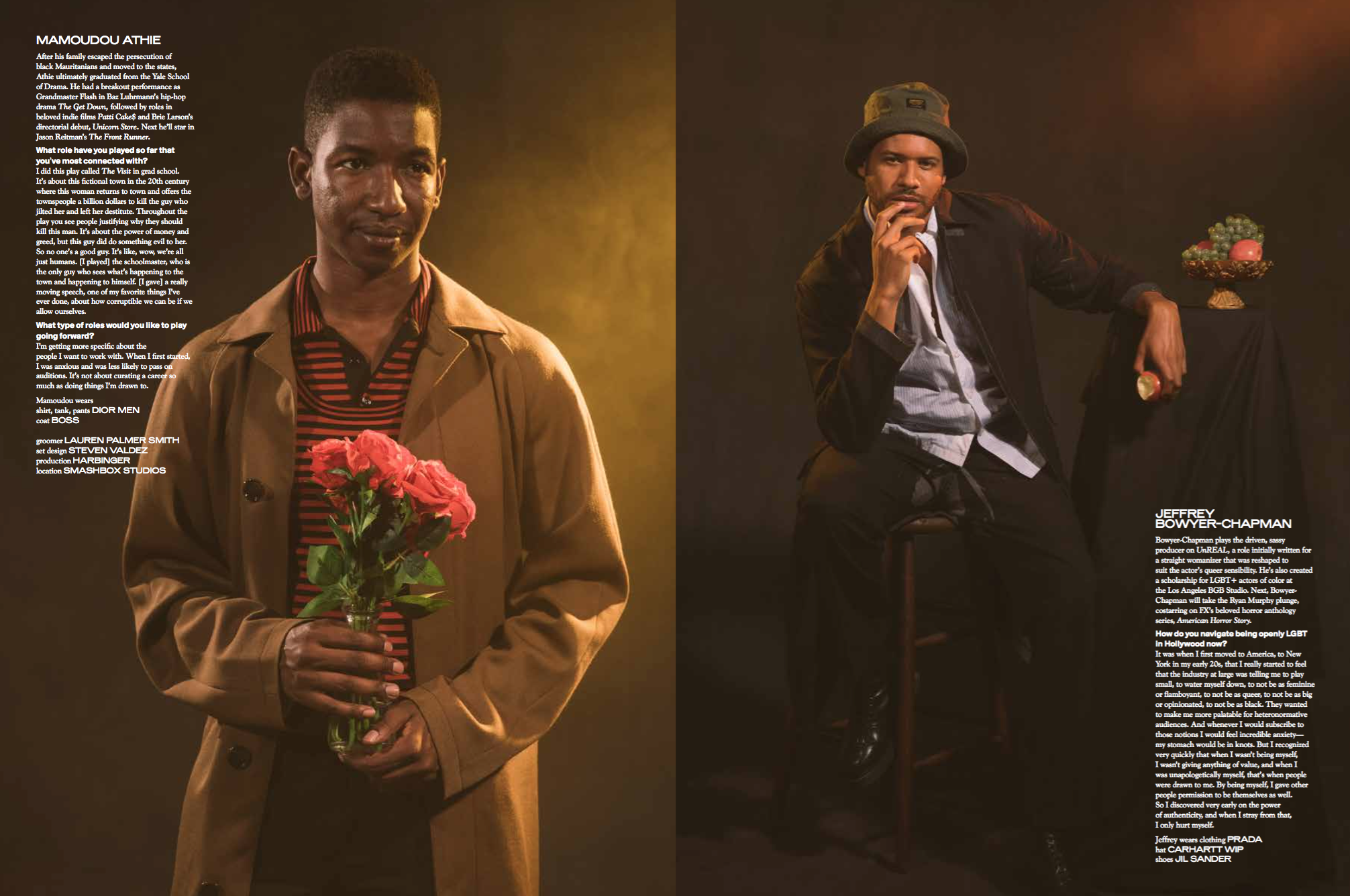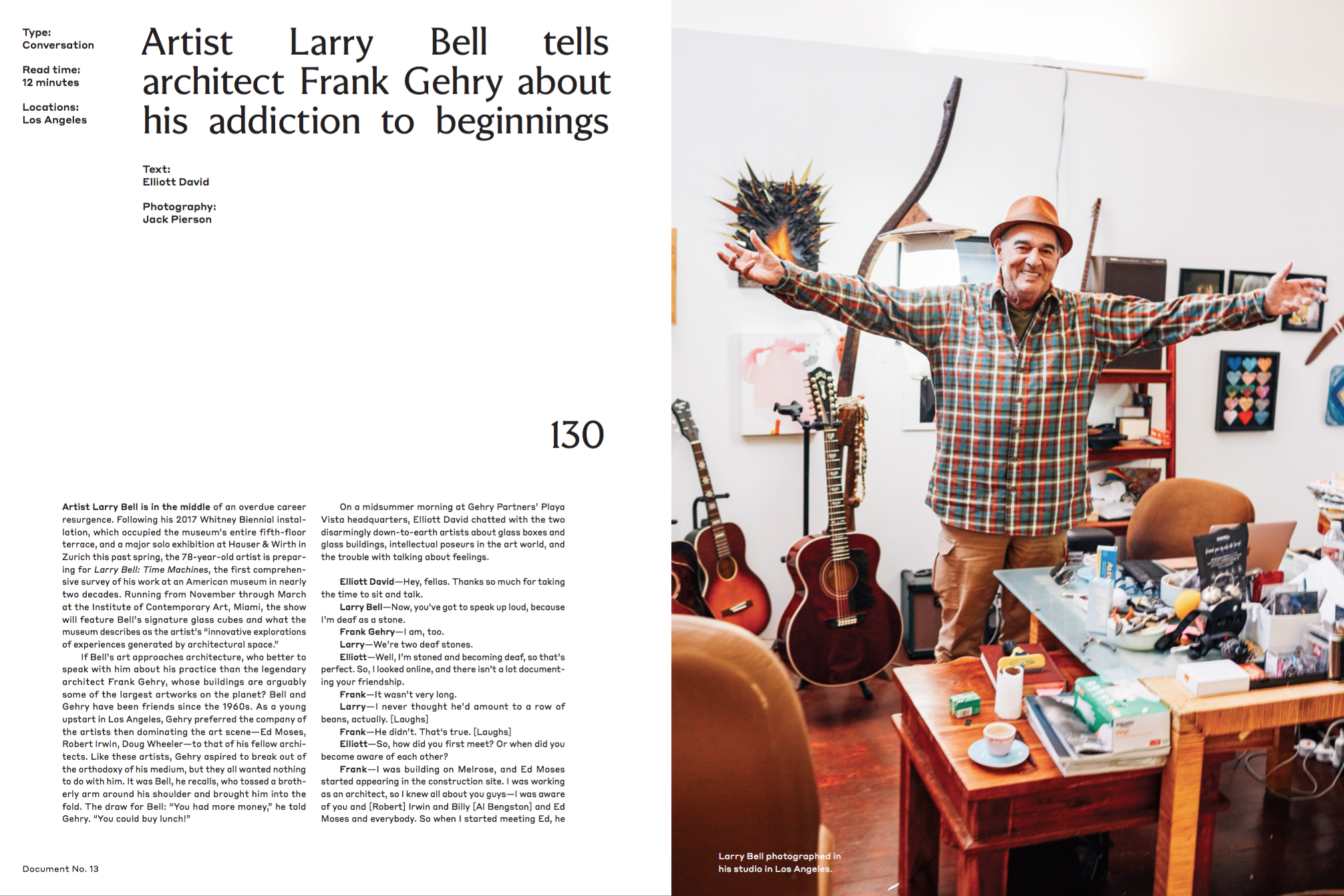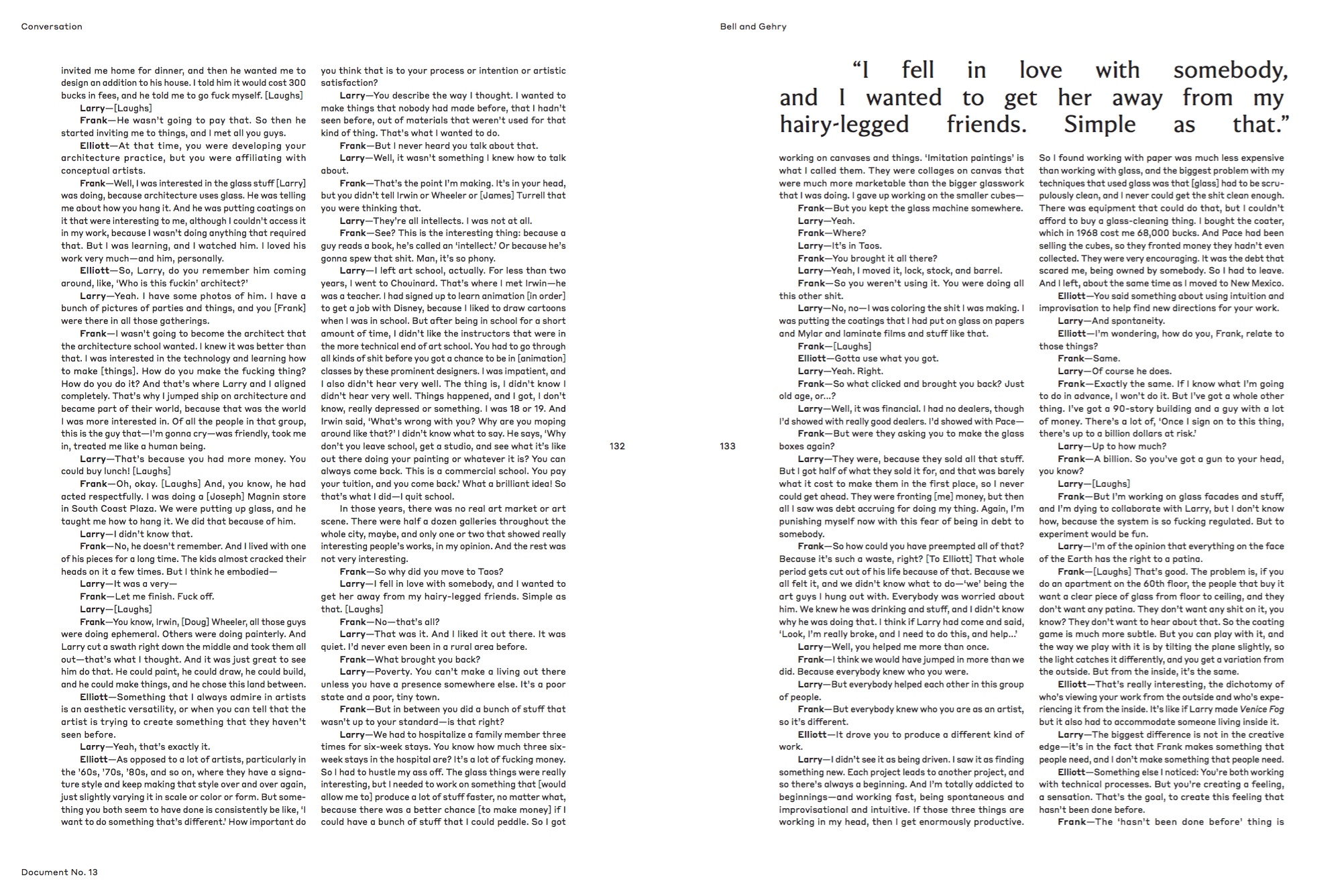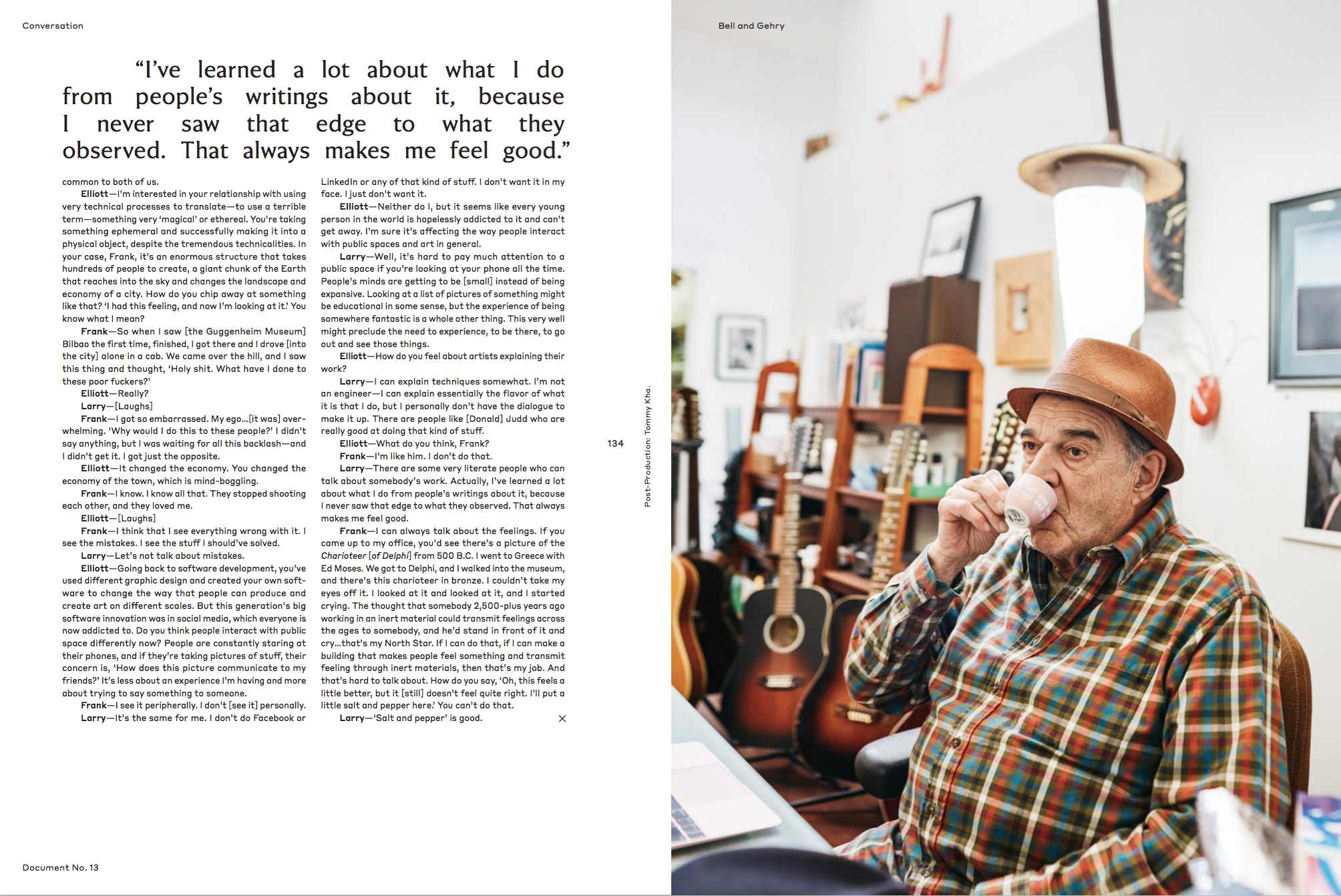If you would interview yourself at this point in your life — there must be a question that you haven’t been asked, that would be obvious and important, but has been ignored by the journalists? What would that be?
Perversely enough, when you ask about a question that has been ignored by journalists, I think immediately of the question that any number of them cannot seem to ignore. The question goes something like this: “Do you still think such-and-such? Do you still believe so-and-so?” and then they quote something spoken not by me but by a character in a book of mine. If you won’t mind, may I use the occasion of your final question to say what is probably already clear to the readers of the literary pages of Svenska Dagbladet, if not to the ghosts of the journalists I am summoning up?
Whoever looks for the writer’s thinking in the words and thoughts of his characters is looking in the wrong direction. Seeking out a writer’s “thoughts” violates the richness of the mixture that is the very hallmark of the novel. The thought of the novelist that matters most is the thought that makes him a novelist.
The thought of the novelist lies not in the remarks of his characters or even in their introspection but in the plight he has invented for his characters, in the juxtaposition of those characters and in the lifelike ramifications of the ensemble they make — their density, their substantiality, their lived existence actualized in all its nuanced particulars, is in fact his thought metabolized.
The thought of the writer lies in his choice of an aspect of reality previously unexamined in the way that he conducts an examination. The thought of the writer is embedded everywhere in the course of the novel’s action. The thought of the writer is figured invisibly in the elaborate pattern — in the newly emerging constellation of imagined things — that is the architecture of the book: what Aristotle called simply “the arrangement of the parts,” the “matter of size and order.” The thought of the novel is embodied in the moral focus of the novel. The tool with which the novelist thinks is the scrupulosity of his style. Here, in all this, lies whatever magnitude his thought may have.
The novel, then, is in itself his mental world. A novelist is not a tiny cog in the great wheel of human thought. He is a tiny cog in the great wheel of imaginative literature. Finis.
-Philip Roth
